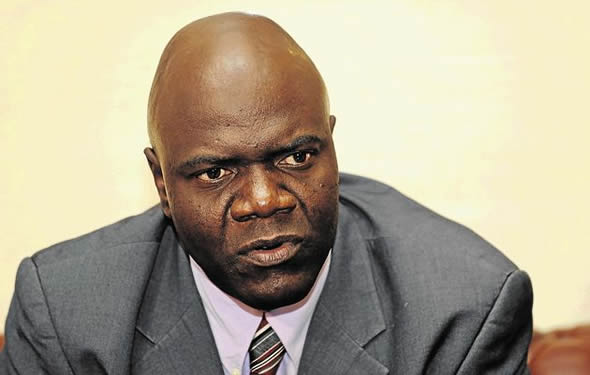
By Moses Matenga/Richard Muponde
Former Deputy Prime Minister Arthur Mutambara and political analysts have added their voices to calls for immediate dialogue between opposition MDC leader Nelson Chamisa and President Emmerson Mnangagwa to end the political and economic crisis in the country.
Mutambara, a former MDC-M president and principal in the 2009-2013 Global Political Agreement, together with former President Robert Mugabe and former Premier, Morgan Tsvangirai (both late), said the best path to a prosperous Zimbabwe was for the protagonists to engage in dialogue.
“Without resolution of the political challenges, all economic efforts will be futile,” he said.
“There is need to engage in genuine all-inclusive dialogue rooted in absolute clarity on the causes of the current polarisation. The agenda and objectives of the dialogue must be clear and shared by all protagonists.”
Mutambara said there was need to embrace and institute political reforms and deepen democracy in the country.
In reference to continuous calls by the Zanu PF government for the removal of sanctions, Mutambara said: “Sanctions are symptoms and not the core issue in Zimbabwe. Address the reasons why the sanctions were imposed in the first place. Do this not to please the external players (the imposers of sanctions), but in pursuit of our national interest.”
He said Africans across the continent must take a vested interest approach to the resolution of the Zimbabwean challenges.
- Chamisa under fire over US$120K donation
- Mavhunga puts DeMbare into Chibuku quarterfinals
- Pension funds bet on Cabora Bassa oilfields
- Councils defy govt fire tender directive
Keep Reading
In a rare tough message coming from South African President Cyril Ramaphosa’s government, International Relations and Co-operation minister Naledi Pandor said Zimbabwe’s political and economic crisis has been caused by the antipathy between political leaders.
Political analyst and academic Ibbo Mandaza said what Pandor was calling for was the message they have been selling as civic society.
He said they were working with churches and civil society organisations such as Citizen Manifesto and others for a comprehensive dialogue, “not the kind of piecemeal and partisan dialogue” being done by Polad.
ZimRights director Okay Machisa said South Africa was spot on in calling for an inclusive dialogue, adding: “As Zimbabwe, we should have a collective approach, not a selfish approach. If you see the disturbances happening in Harare, it shows that our people are not united.
“We need to have a dialogue with a convener accepted by all parties, the political parties, civil society, the church and other stakeholders. There should be 100% political willingness and sincerity. Everyone comes to the table with what they want and I don’t see Chamisa leaving the issue of legitimacy.”
Midlands State University lecturer Nhamo Mhiripiri said while dialogue was the way to go, the issue of legitimacy was far-fetched as it was dealt with by the Constitutional Court (ConCourt).
“Talking has always been a day-to-day issue of our lives. Even people who don’t see eye-to-eye find time to sit down and talk to find common ground,” Mhiripiri said.
“The talks should not be a one-sided thing, but a win-win situation. However, the issue of legitimacy is far-fetched because there have been other structures outside the political terrain which dealt with the matter.”











